Welcome
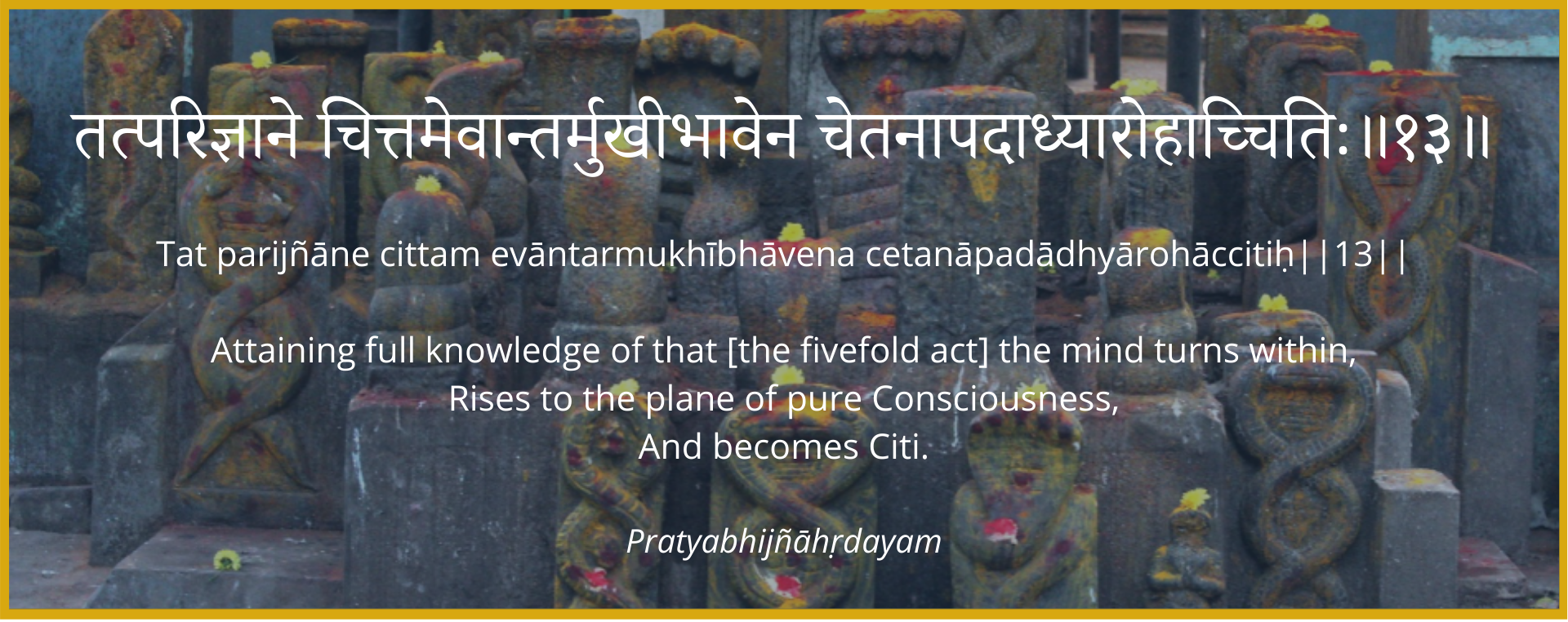
Funding Appeal Update
We, at Muktabodha, would like to thank each and every one who responded to our appeal for the funding of the Digital Library. Although in this first phase of fund-raising, we did not fully achieve the hoped-for target, we are nevertheless now in a position to proceed with secure archiving for our valuable collections.
At the heart of Muktabodha’s mission to protect and preserve India’s great spiritual legacy lies its Digital Library. This free-to-access resource for scholars and laypersons around the world enjoys global recognition for its invaluable collection of over 2,600 Sanskrit manuscripts pertaining to Kashmir Shaivism and Shaiva Siddhanta.
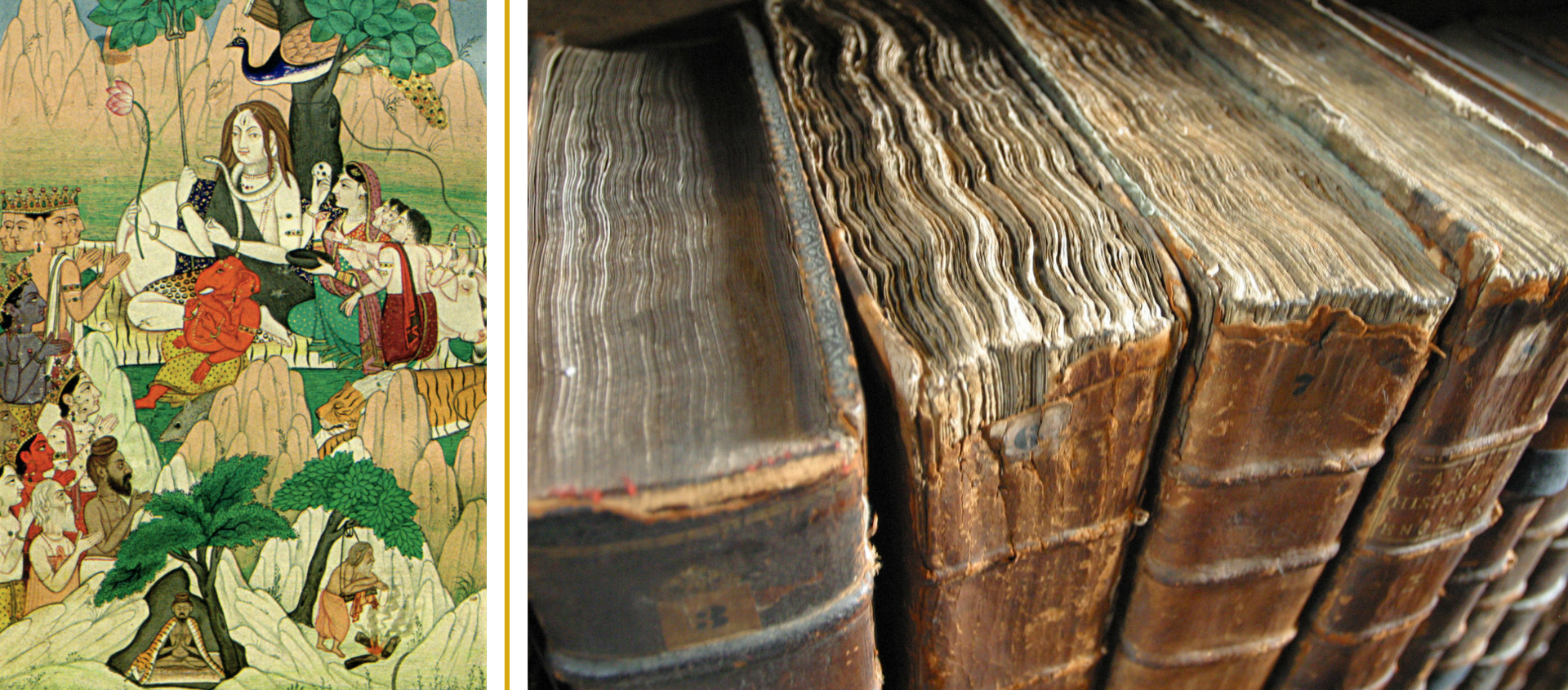
In addition to these two major collections, the Digital Library also contains 235 unique Vedic texts, collected over generations by priestly families living in the temple town of Gokarna on the south-west coast of Karnataka, India. These collections include several important texts and images from the Yajur Veda school.
Our vast archive, painstakingly collected over the last 25 years and freely disseminated globally, has become an invaluable research tool for a large number of Sanskrit and Indology scholars around the world, and is frequently referenced in their academic publications.
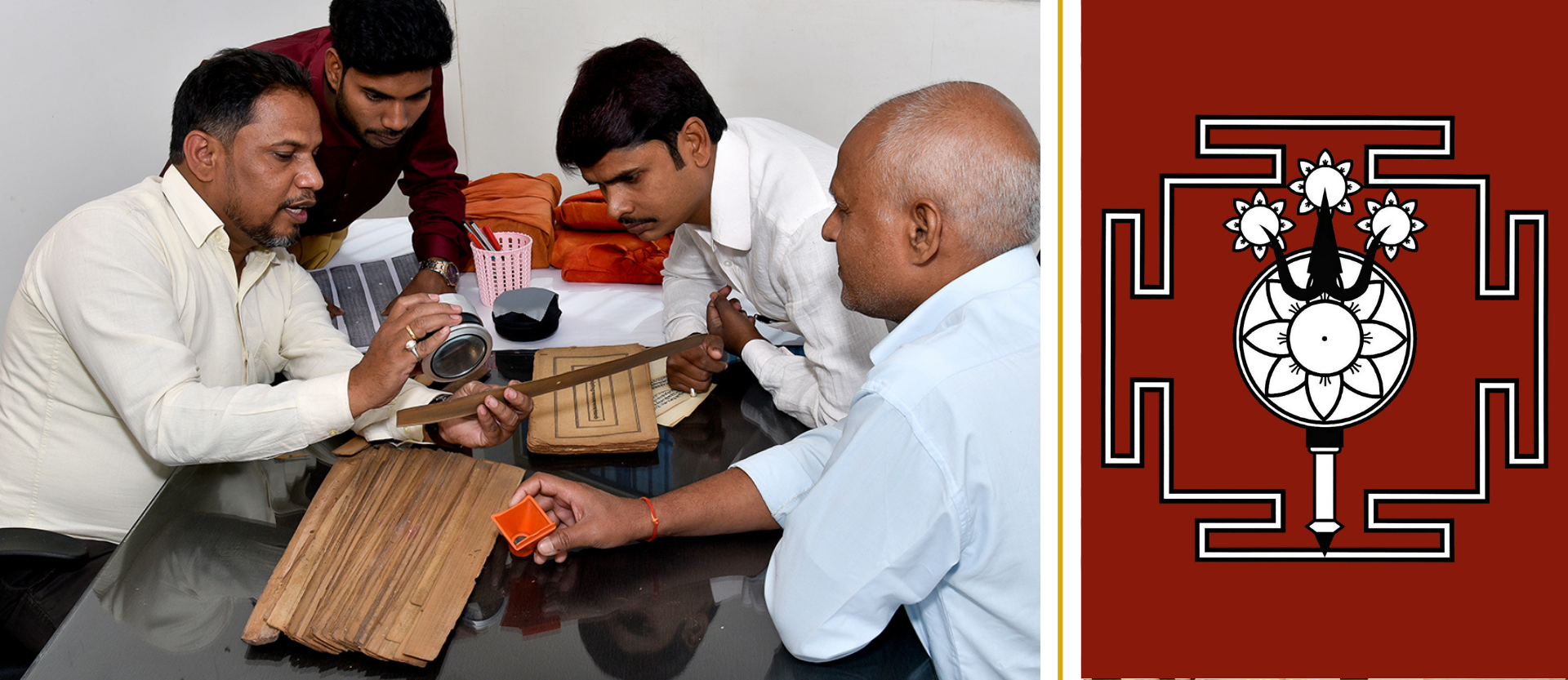
Muktabodha’s ‘community’ is a digital community, rather than a geographical one. This means it serves students, scholars, researchers and teachers, as well as those simply interested in philosophy, located around the world rather than in just one country or region.
With these considerations in mind, and after a two-year search for advanced digital preservation technologies, Muktabodha has decided that LIBNOVA, a professional, long-term preservation vendor, offered the best preservation technology for its needs. The company offers both secure archiving as well as the ‘open access’ facilities for the free use of scholars and others.
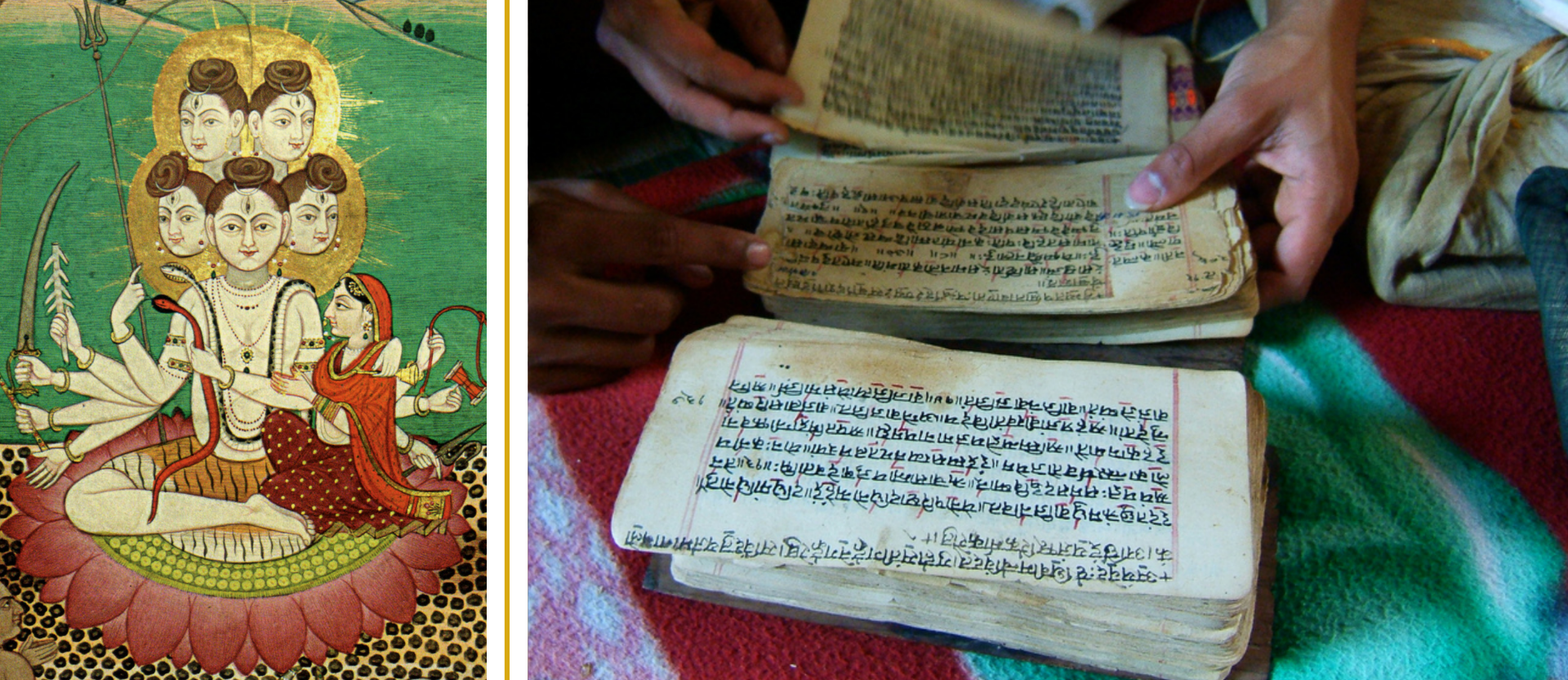
Furthermore, LIBNOVA is an OAIS-compliant solution that provides state-of-the-art preservation techniques, including maintaining redundant copies with two different cloud vendors; viewers for multiple storage formats that will guarantee access even as software evolves; regular audits of the data for consistency; and detection of data corruption and loss.
LIBNOVA also provides a data escrow for all our artifacts, and allows us to extract and migrate the artifacts, and their associated metadata, to another vendor if required in the future. Storing our existing and future artifacts in such a system gives us confidence that the legacy they represent will be preserved for generations to come.
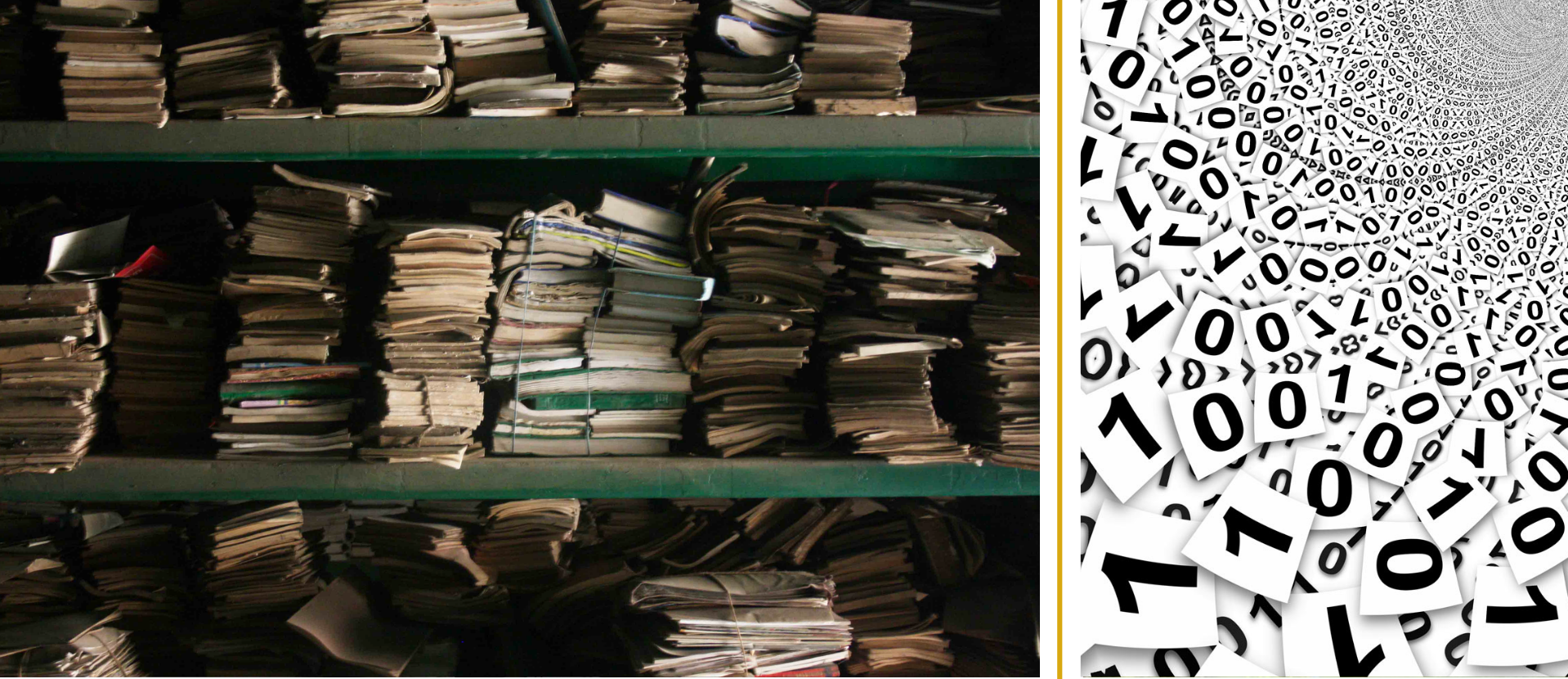
The transfer to the new archiving platform with open-access facility will require one year. It will consist of two phases: the development of software to migrate existing manuscripts in the old library to the new library as well as identifying and recovering, where possible, corrupted manuscripts; and the development of an e-text entry application as a redundancy to original documents.
Every financial contribution, however small, helps us develop and maintain this wonderful new archiving and open access resource, and our appeal to the generosity of our donors and supporters continues throughout this year.
